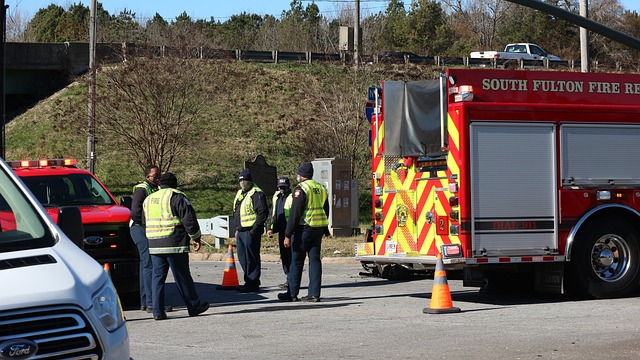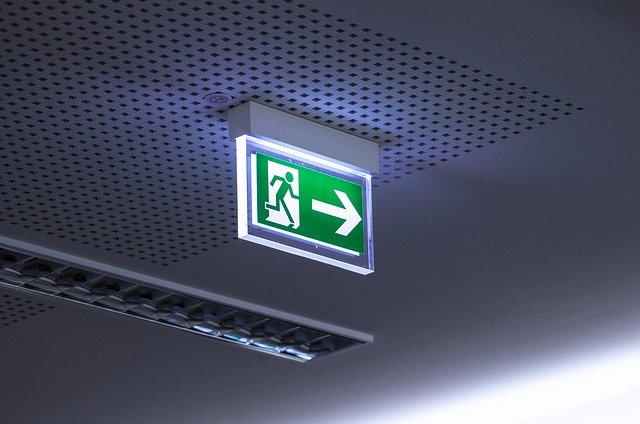
COVID-19 has completely changed the way that a lot of us work. Consequently, there have been a lot of changes to fire safety guidance and procedures too. We know you have a lot of questions about what you can and cannot do in relation to fire safety - well, today we're going to answer as many as we can!
The person responsible for fire safety in my workplace is self-isolating. What should I do?
No one can predict if and when members of the team will have to self isolate, your NHS Track and Trace app could alert you at any time. That's why it's important that people with responsibilities such as fire safety ensure that there are trained staff members who know the fire safety procedures so an incident can be managed effectively.
There should be a premises fire risk assessment that's made available to all members of staff on-site so that everyone understands how to react to an escalating fire safety situation.
Can firefighters carry out a risk assessment of my premises for me?
No, the emergency services shouldn't be contacted unless the situation at hand poses a significant risk to life. A responsible person should be able to carry out a fire risk assessment for you. If you're unsure whether you need to update your fire alarm systems, we can offer a FREE security survey to help you out!
Can fire and rescue teams still respond to 999 calls as usual?
In line with the Government guidance, most fire and rescue services are doing their best to limit non-essential contact. That's why it's important that we all try to limit the number of false fire alarm alerts!
Read More: Preventing False Fire Alarms
Firefighters will still attend 999 calls if the risk is deemed severe enough to warrant a call-out. High-priority cases will be dealt with first. Head to your local fire and rescue website for more information on their current procedures.

Can fire exits be locked if there are fewer people on the premises?
As a general rule of thumb, no fire exits should be locked or blocked regardless of the number of people inside. There always needs to be a suitable number of fire exits available to occupants at all times, including signage and emergency lighting. Refer to your fire safety risk assessment as a guide, and if you're still not sure, speak to the person in charge of fire safety on your premises.
Can fire doors be wedged open to limit the contact with door handles?
No, fire doors should never be propped open because this makes them ineffective in the event of a fire. Fire doors keep you safe by preventing a fire from spreading from one area of your premises to another. They can only do this if they're closed!
If you're concerned about people touching the fire door handles on a regular basis, then you should employ other hand hygiene tactics, for example:
- Add a hand sanitising/hand wash station nearby.
- Increase the number of times that handles and hard surfaces are disinfected.
- Ask employees to take a different route in and out of the building (unless it's an emergency of course!)
Should employees congregate outside if the fire alarm goes off?
Yes, if the fire alarm goes off, it's absolutely vital that all persons inside the building exit quickly and in an orderly fashion. They should congregate at the pre-determined fire assembly point.
What if this conflicts with social distancing?
If you're worried about social distancing at your fire assembly point there are a few things you can do. Firstly, you can choose a different fire assembly point that offers more space. Where this is not possible, you may need to revise instructions and expectations.
One way you could improve safety at the fire assembly point is to make sure that all persons have a face covering on them at all times while they're inside the building. Should a fire alarm occur, they can use their masks to provide some protection, even if social distancing is not 100% possible.
Keeping your employees/occupants safe should be your number one priority during the COVID-19 pandemic. So, if you don't have an adequate fire safety system in place, get in touch with the IDS team today!
Our Fire Alarm Systems >
Read More: Fire Safety During the COVID-19 Pandemic